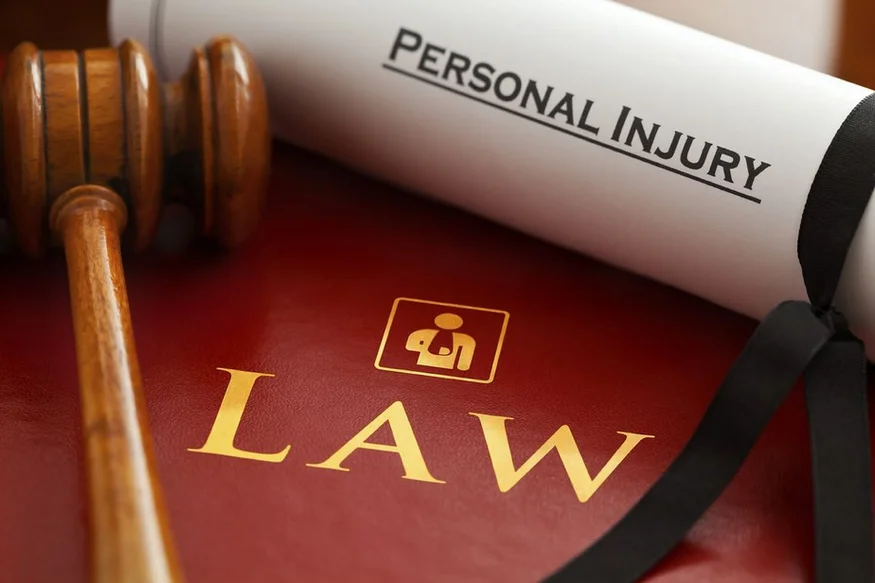Should I make a claim?

Some things to consider before pursuing legal action Something’s happened, maybe you’ve slipped and fallen in a public place, had a coffee spilt on you on an airplane, or had a contract fall through? Whatever it is, you’re considering bringing a legal claim against the person/company/public authority, but aren’t sure. Firstly, we hope you’re doing ok. No matter how bad the injury/breach is, sometimes it’s the mental impact that lasts the longest. Be sure to take care of yourself in what can be a stressful or challenging time. Some things to consider: 1. Time Depending on the case, the time length varies. However, if you do decide to pursue legal action be aware that there’s a good chance that it will go on for much longer than you initially may have thought. 2. Cost Many solicitors offer no-win no-fee cases for litigation. This means that they won’t charge a professional fee unless you win but this does mean that if you lose, you will have to pay for outlay (costs), which the solicitor may have initially paid for, such as medical reports. *In contentious business a solicitor may not calculate fees or other charges as a percentage or proportion of any award or settlement*, which is beneficial to litigants. It means that say you won €15,000 in a final settlement, the solicitor wouldn’t be able to charge 1%, for example. Weigh up the risks of winning and losing, would they justify the costs that youwill inevitably accrue? 3. Justice For some clients, they are determined to see their claim through to the end to ensure that it won’t happen to others or to raise awareness. This can be a very compelling factor for people on deciding to pursue legal action. For example, a litigant in a road traffic accident may want to pursue the local authority to ensure road signs get put up so that people will slow down and there will, hopefully, not be another road traffic accident. 4. The Process It is important to remember that the vast majority of claims brought by individuals in Ireland are settled out of court. Of course, there is always a risk attached to claims but court is not an inevitable conclusion, so there’s no need to fear it. We hope this offered some guidance on whether or not you’re going to pursue your claim, but if you have any further questions or queries, please don’t hesitate to contact us on 01 485 4563. *In contentious business a solicitor may not calculate fees or other charges as a percentage or proportion of any award or settlement.*
Coronavirus and your premises – landlord and tenant obligations

How have the rights changed during the crisis? Landlords and tenants should consider whether their usual obligations to each other under their lease are affected by the coronavirus – and, where their leases don’t cover the relevant issues, or are ambiguous, may need to sit down and agree who is to do what and who pays. Tenants As a tenant, a wise step is to carry out a risk assessment at work, and consider what measures you may need to take in relation to your premises to show you are properly safeguarding your employees’ (and visitors’) health and safety. For example, you may feel that you want extra cleaning carried out – particularly, in areas like toilets and kitchens – to reduce the risk of coronavirus spreading because of contaminated surfaces or equipment. After all, if you’re asking your employees to take extra steps, such as washing their hands regularly and properly, you need to show you’re playing your part too. If your lease says your landlord has to provide cleaning services for common parts, are they obliged to organise this extra cleaning too – or maybe it’s at their discretion? If they are obliged to provide it, or are prepared to do it voluntarily, what will that mean for your service charges? Can they add costs to your next service charge bill – and how much can they add, given that they can only recover costs which are reasonably and properly incurred. The answers to these questions will depend on the precise words used in the clause in your lease about service charges. If they’re not clear, you may need to negotiate. But what if the landlord won’t engage with you? You may need advice on whether you can arrange extra cleaning yourself, and send the landlord the bill. Also, check your lease to see who is responsible for disposing of waste, which is likely to become a more onerous and costly liability if there is coronavirus in your work place. For example, tissues and other materials that may have been used by an affected person may need to be disposed of separately and in a different way from your usual waste. This may not be a straightforward question to answer as your lease may have been drafted on the assumption that all your waste will be non-hazardous. If coronavirus means you have to send your workers home, leaving your premises empty, check your lease to see what it says about keeping the premises secure. At the very least, you’ll probably need to let your landlord know, and your insurers. If you are a tenant carrying out works at your premises, and the landlord’s consent was required, check whether the landlord imposed any time limits for completion of the works. If so, can you still comply with them – for example, is your contractor able to muster enough labourers to get the work done in time? Are the materials they need still available from their suppliers? You may need to explain the situation to your landlord and ask for an extension. These are just examples of issues that can arise for commercial tenants and theirlandlords – whether your lease provides the answers, or you have to negotiate special terms to cover the special circumstances, professional advice and support can be invaluable. In contentious business, a solicitor may not calculate fees or other charges as a percentage or proportion of any award or settlement.
